| It’s been another busy week of book promo, with two live-stream online interviews and two which were recorded in September debuting on YouTube. But I’m blaming Charli Mills for the title and narcissistic content of this post: you’ll have to read – or scroll – to the end to find out why. While I enjoy these video conversations, I do get nervous to the extent of wondering why I put myself forward. But when I get a positive review from someone who finds a strong personal connection with the novel, as I did this morning, I feel extra motivated to do my utmost to introduce Matty to more potential readers. |
Welcome
I started this blog in 2013 to share my reflections on reading, writing and psychology, along with my journey to become a published novelist. I soon graduated to about twenty book reviews a month and a weekly 99-word story. Ten years later, I've transferred my writing / publication updates to my new website but will continue here with occasional reviews and flash fiction pieces, and maybe the odd personal post.
|
6 Comments
Creative Therapeutic Writing: Fictionalizing the Personal Story (a guest post by Monica Suswin)25/11/2019
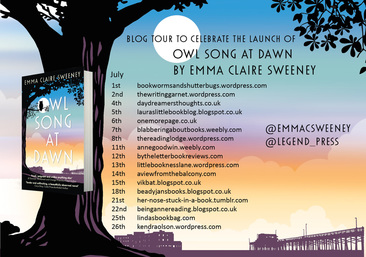 Like Workington and Barrow, Morecambe is a small, slightly rundown, coastal town in north-west England to which I have personal connections: my parents lived there for many years and, coincidentally, one of my good friends, whom I met in Cairo, has a house overlooking the bay which, for a short while, she ran as a guesthouse. Although I don’t refer to it by name, it’s also one of the settings, along with Nottingham, for my forthcoming novel, Underneath. So when I discovered Owl Song at Dawn was set in Morecambe, I was keen to read it. I was even happier to be offered a slot on the blog tour when the author agreed to write a post on the setting. I hope you enjoy Emma Claire Sweeney’s piece as much as I did. My mini review follows at the end.
Last year, I set out to read 60 books and read 96. This year, I set a target of 100 books, and read 120. This suggests I’m reading more each year and making more accurate predictions. Of course, it’s not a competition, even against myself, but I do like figures. And, daft as it seems, I do like producing an annual report! 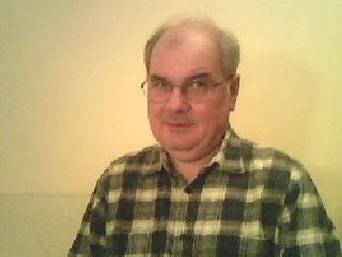 What kind of psychologist are you? I am a retired chartered clinical psychologist. I worked in a general hospital in the UK with people who had difficulty coping with disability and physical illness. I devised a method of assessment based on the seven psychological tasks such patients face. These are: understanding and managing symptoms, dealing with the medical procedures, relating to hospital staff, managing upsetting feelings, maintaining a competent self-image, maintaining relationships with friends and family, and preparing for the future. I helped the multidisciplinary team in a physical health setting to understand the illness from the patients’ point of view, and what action might help all concerned. I took on a selected number of patients directly for psychological therapy along cognitive-behavioural lines. I am also interested in applying psychology to my own life, and have kept up a self-monitoring diary for smoking, drinking, and exercise. As a result, I gave up smoking on July 4th 1984. I’ve not touched the weed since. I also applied some principles of sport psychology to help me play better cricket. However my progress was limited by my sporting ability, not by my psychology. 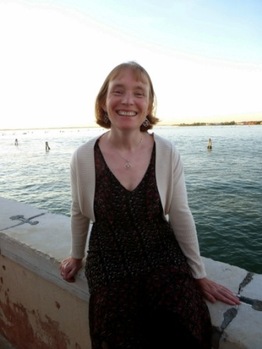 After proving such a generous host on my own long-distance blog tour, I’m delighted to welcome Kate to Annecdotal as she launches her second novel. Here she describes how she links creative writing and emotional healing. Read on and enjoy! I had been writing for over twenty years when the depression (which is a part of my make-up) overwhelmed me. Up until that point, I had been very focused on publication, writing feature articles and non-fiction copy for magazines, newsletters, annual reports and newspapers. I also had several unpublished novels. When the emotional and psychological crash came, I stopped writing. Life became an endless succession of treacherous puzzles and traps which I somehow had to work my way round. Picking up a hairbrush became an enormous act of will, never mind picking up a pen and doing something worthwhile with it. I felt very bleak and hopeless. I became inarticulate. When I went into therapy I would cry but I could not speak coherently. After several sessions, my therapist, probably out of exasperation, said, ‘You’re a writer, write and we can look at that.’
My Father and Other Liars Blog Tour: Geoff LePard on writing about fictional embryo research14/9/2015 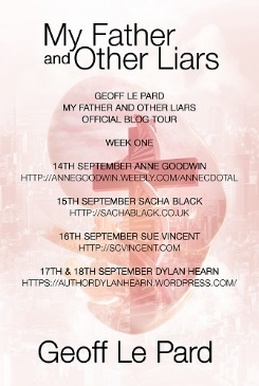 As one of those who nagged Geoff LePard to give his second novel a proper launch, I’m delighted to be a calling-off point on his blog tour. By a strange quirk of fate, I find myself opening proceedings on the very day I’m over on Terry Tyler’s Zodiac Files explaining how I lack the leadership qualities said to typify a Leo. Whatever the ironies of that, I’m honoured to be able to return the favour of when Geoff welcomed me to his blog last month with an introduction that made me laugh. I can’t match Geoff’s talent for comedy, but I can give another side to the story of our original meeting at an Arvon course six years ago. Although the course was on second drafts, he and I were in the minority in having actually completed our first. Lugging my box-file of assorted papers down to the classroom/diningroom on the first morning, I found Geoff thumbing through a spiral-bound A5 book, I gormlessly asked if that was his novel, trying to keep the envy out of my voice. One of them, he quipped. I’m not sure how I coped with the discovery that he had four first drafts completed at that point, but I did get to read each of them in those early stages, so it’s wonderful to witness their gradual emergence into the world as bone fide books. Given my own interest in fictional research, I was curious to learn more about Geoff’s experience of writing a thriller about the controversial issue of embryo research. I hope you enjoy his account as much as I do. 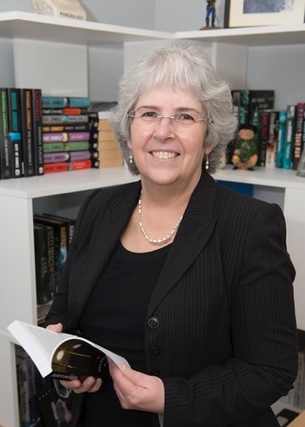 For my third post in this series, I’m delighted to welcome Barbara Speake to Annecdotal. After an accomplished career as a research and clinical psychologist, Barbara is well on the way to publishing her fifth novel. Here’s Barbara in her own words: How did you come to writing fiction? I came to fiction writing through the discipline of writing non-fiction. I was very fortunate to have had two major psychology careers spanning nearly four decades, firstly as a research psychologist and then, after further training, as a clinical psychologist and NHS manager. During my academic career, I authored or co-authored numerous journal articles, book chapters, government reports, a PhD thesis and two books for parents and staff, both published by Souvenir Press. When I later qualified as a clinical psychologist, my writing was mainly of a clinical nature, service reports, and court reports, firstly in primary care, then in learning disability services, autism, Asperger’s Syndrome and forensic services. Of course, like many authors, who have written non-fiction, I always wondered if I had a fiction book in me. I’m sitting on Isabel Costello’s literary sofa today, sharing my experience of being published by a small independent press. So who better to keep my seat warm while I’m away than Teika Bellamy, writer, artist, publisher and founder of another small press, Mother’s Milk Books? Over to you, Teika. 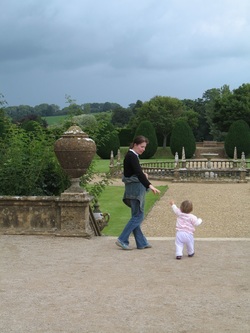 When I became a mother to my firstborn eight years ago, I found it to be a joyful, yet overwhelming time. I was inundated with conflicting advice from health professionals and received very few words of support. I can still clearly remember the sharp reply I received when I asked a nurse for a glass of water: ‘You’ve got a new baby now. You’d better get up and start looking after yourself.’ So I struggled out of bed with my newborn and, weak due to the post-partum haemorrhage and perineal tearing I’d just suffered with, I shuffled down the corridor and somehow managed to extract a cup’s worth of water out of the water cooler. (A difficult task when it requires two hands, you’re holding a baby and it feels like your groin might fall out of your body at any moment!) 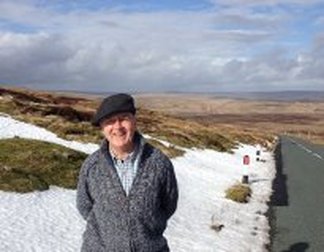 I’m delighted to welcome Ian Wilkinson for the second post in my blog series Psychologists Write (following in the footsteps of Voula Grand). I knew Ian from my time as a clinical psychologist in the north-east of England, but hadn’t seen him for about twenty years when we met up by chance at a Society of Authors event on working with the media. I’ll pass straight over to Ian to let him tell you about how psychology feeds his writing and vice versa, as well as the background to his debut novel – and how you can get yourself a review copy. What inspired you to become a writer and a psychologist? My mother would say I loved stories so much that she taught me to read to find some peace. At family parties, my uncles told stories to the children, so producing my own seemed natural - especially since I can’t sing and I’m tone deaf. Stories and films teach you deep emotional lessons; in ‘The Treasure of the Sierra Madre’, a storm in the final scene blows all the gold dust away into the desert, leaving the two survivors with nothing but their deep friendship for each other. Which is the real treasure? That film gave me a rather wonderful lesson at a very early age. I was also bullied as a child; the moment I became a psychologist was when I discovered myself retaliating so aggressively that I had become… a bully. 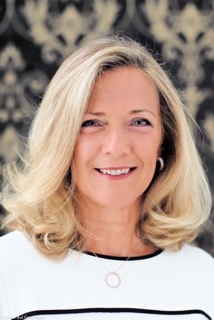 Is a background in psychology an asset when it comes to writing fiction? How easy is it to combine a scientific approach to the mind with one embedded in the imagination? I decided to ask professional psychologists who are also published novelists how they do it. I’m delighted to welcome Voula Grand to Annecdotal for the first post in this series. As a business psychologist, I advise large corporations on executive performance and leadership development. My work has some similarities to sports psychology, as I’m hired to increase the success of executives who are already performing at the top of their game; so doing even better is down to subtle refinements of leadership that can make a powerful impact on business results. In order to help my clients, I am widely trained in an extensive range of human change methods and techniques, from traditional therapies and psychological frameworks to the contemporary methods of positive psychology that impact the dynamics of thoughts, feelings and behaviours. Psychological resilience is a hot topic in corporate psychology at the moment, and I am experienced in the techniques that promote this. I spend my working days in close communication with executives, either one on one or within their teams. Understanding the organisational context is important, and I need a good business grasp of the strategic aims, culture and goals of the client company, and of the broader corporate world. 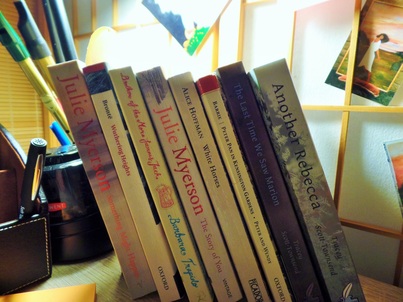 I’m delighted to host a post from my Inspired Quill stablemate. Tracey’s second novel was published earlier this month. Enduring love. Loss. The eternal struggle for life’s meaning. The hand that first held mine. Atonement. Yes, there are book titles mixed up in there, but these are also the themes of my writing. My influences probably started with Peter Pan in Kensington Gardens, maybe that’s the first memory I have of a deep feeling of poignancy: an understanding of irretrievable loss. Peter wants to fly free for a while, as all babies (according to J.M. Barrie) are capable of, but he leaves it too late to return to his mother. The window is barred and she has another baby; there is no place now for him. He spends his life as an eternal boy, living in Neverland, regretting his loss of ‘Mother’. A book that impacted deeply on me as an older child was A Dream in The House. Every generation of a family has a set of twins named Ann and Jane, and the Ann always disappears and the Jane tries to get her back. Once the final Jane manages to retrieve her twin, every other Ann is also restored in retrospect. Loss of ‘Self’, perhaps, in the symbolisation of the twin. 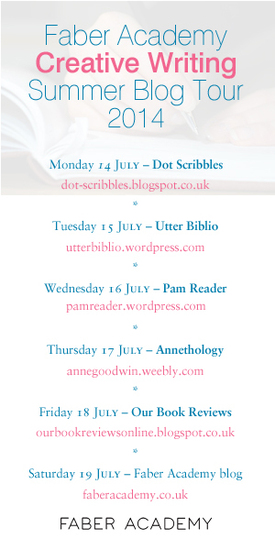 Early last week, I was contacted by Emily Furniss, who was the publicist for Roopa Farooki's novel, The Good Children, which sparked a lively discussion here on Annecdotal about obedience. Emily invited me to host a post on writing tips as part of a blog tour she was arranging. Of course I was game; I'd enjoyed hosting Janet Watson writing about her memoir and Tom Vowler's Laws for a Literary Life. The blog tour is an excellent way of discovering new blogs and, because I've got some nominations languishing in the virtual cupboard waiting to be appropriately dispensed, I'm awarding each of the four non-commercial blogs partaking in this tour the honourable title of Versatile Blogger. (Only 6 more nominations to go, then.) Do pop over to their blogs to see whether you agree with me about their versatility. Regarding my role in the current tour, by sheer coincidence, I already knew the writer I'd be hosting: Shelley Weiner helped me excise two superfluous point of view characters from my novel, Sugar and Snails – a painful but necessary amputation. So, without further ado, it's over to Shelley and her tips on writing a powerful short story. (Incidentally, I have no connection with the Faber Academy.)
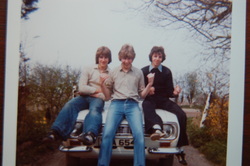 HAVE you ever wondered what it would be like to go back to your teenage years? To your first love? Close friends? Not just as an idle thought, but to really immerse yourself in those years, actually talk to those people and see whether their memories match yours? Dusty Springfield sang about Going Back – the song was played at her funeral – to “the things I learned so well, in my youth”. I carried my story with me for many years but what was it I learned back then? When I started writing notes for a memoir, I knew I too had to go back. Moving away from home was something we all did after school. In the sixth form we were a close group of nine friends, sharing the boredom of school days, waiting for the excitement of the sort of nights everyone recalls from those vivid, growing-up years; high on the future, bonds strengthened by alcohol, and a new awareness of selves and sexual power. Then it was university, new lives, friends, marriages, children. But I never forgot the feeling of belonging I had with those friends. Had they felt it too, those three girls and five boys? And when a tragic death ripped the heart out of the group, could we ever be together again and feel the same? |
entertaining fiction about identity, mental health and social justice
Annecdotal is where real life brushes up against the fictional.
Annecdotist is the blogging persona of Anne Goodwin:
reader, writer, slug-slayer, tramper of moors, recovering psychologist, struggling soprano, author of three fiction books. LATEST POSTS HERE
I don't post to a schedule, but average around ten reviews a month (see here for an alphabetical list), some linked to a weekly flash fiction, plus posts on my WIPs and published books. Your comments are welcome any time any where. Get new posts direct to your inbox ...
or click here …
Popular posts
Categories/Tags
All
Archives
March 2024
BLOGGING COMMUNITIES
|
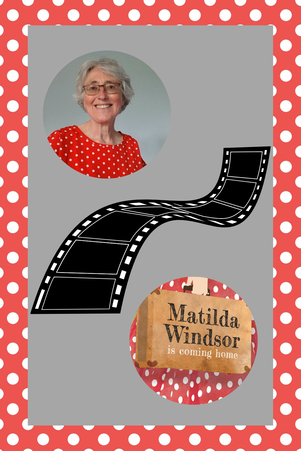
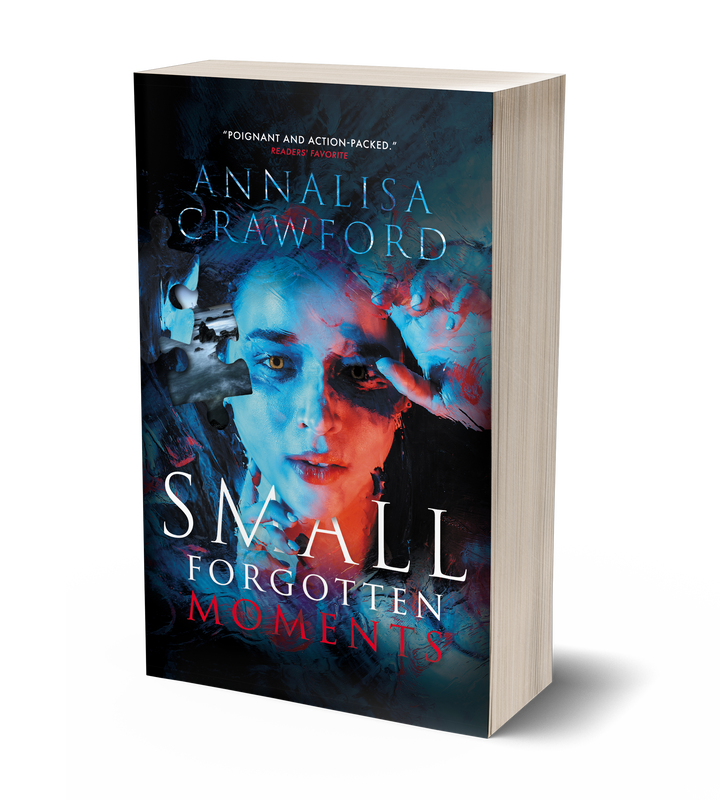
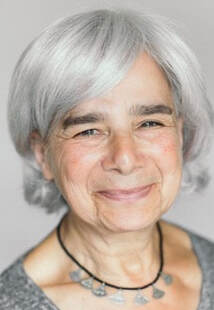
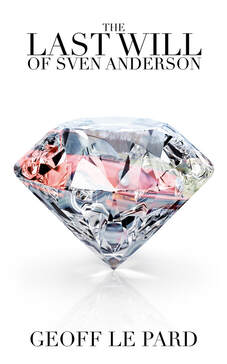
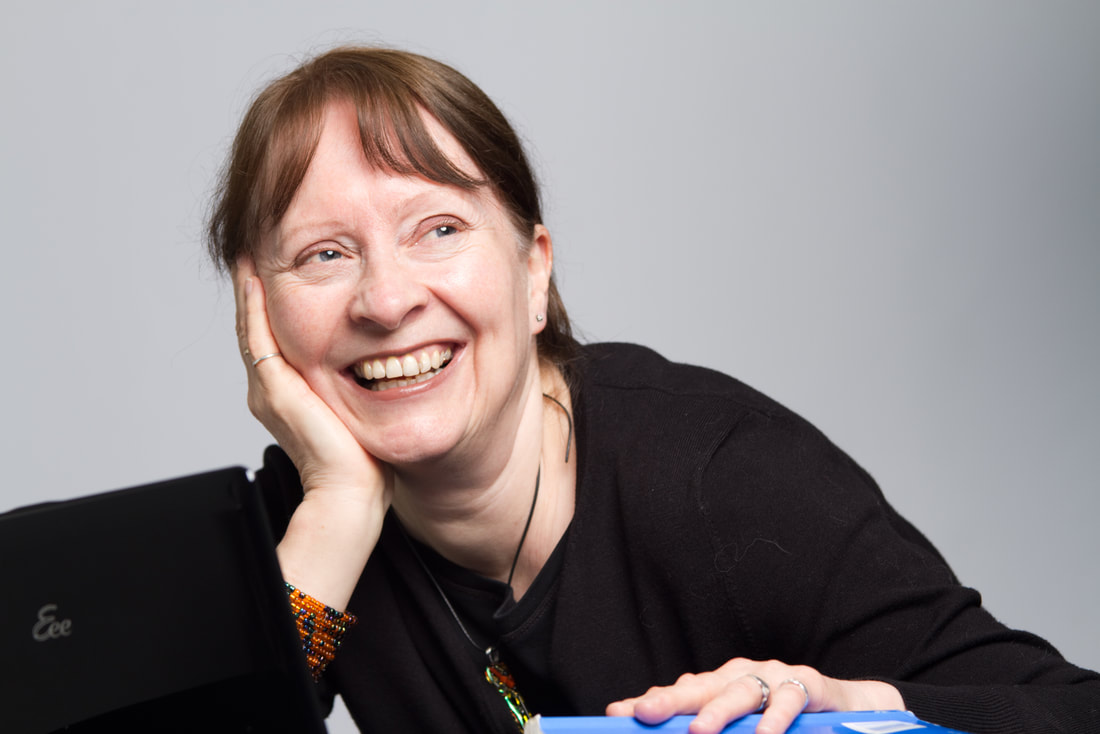
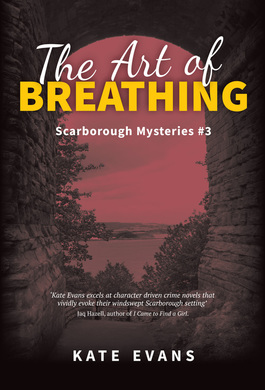
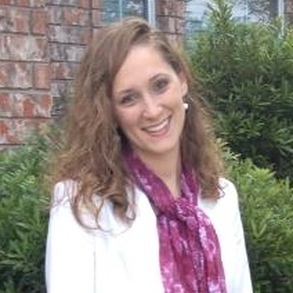
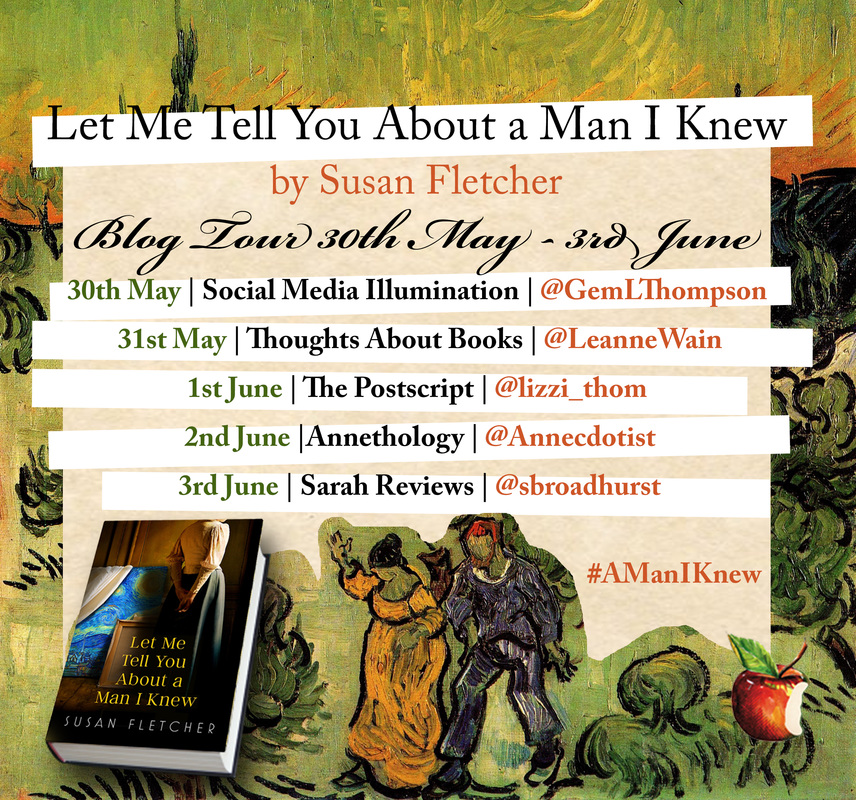
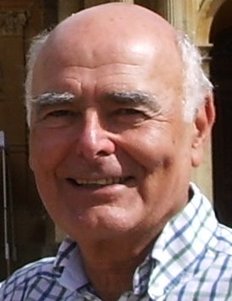
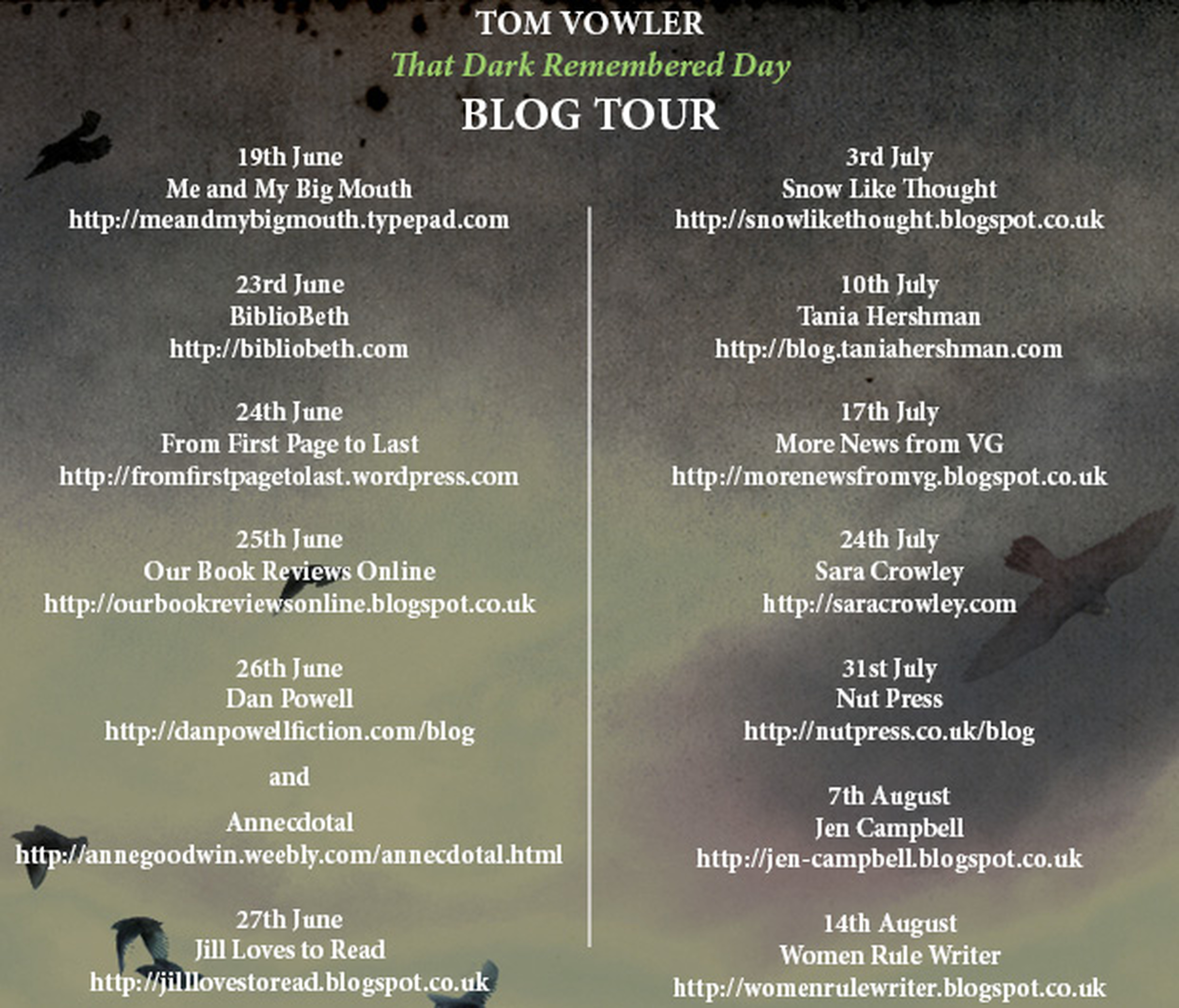





















 RSS Feed
RSS Feed





















